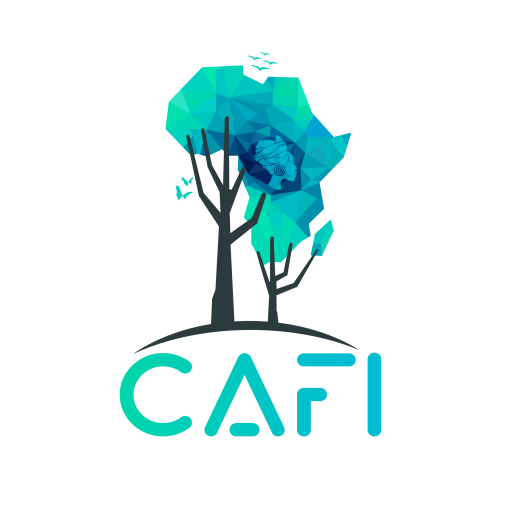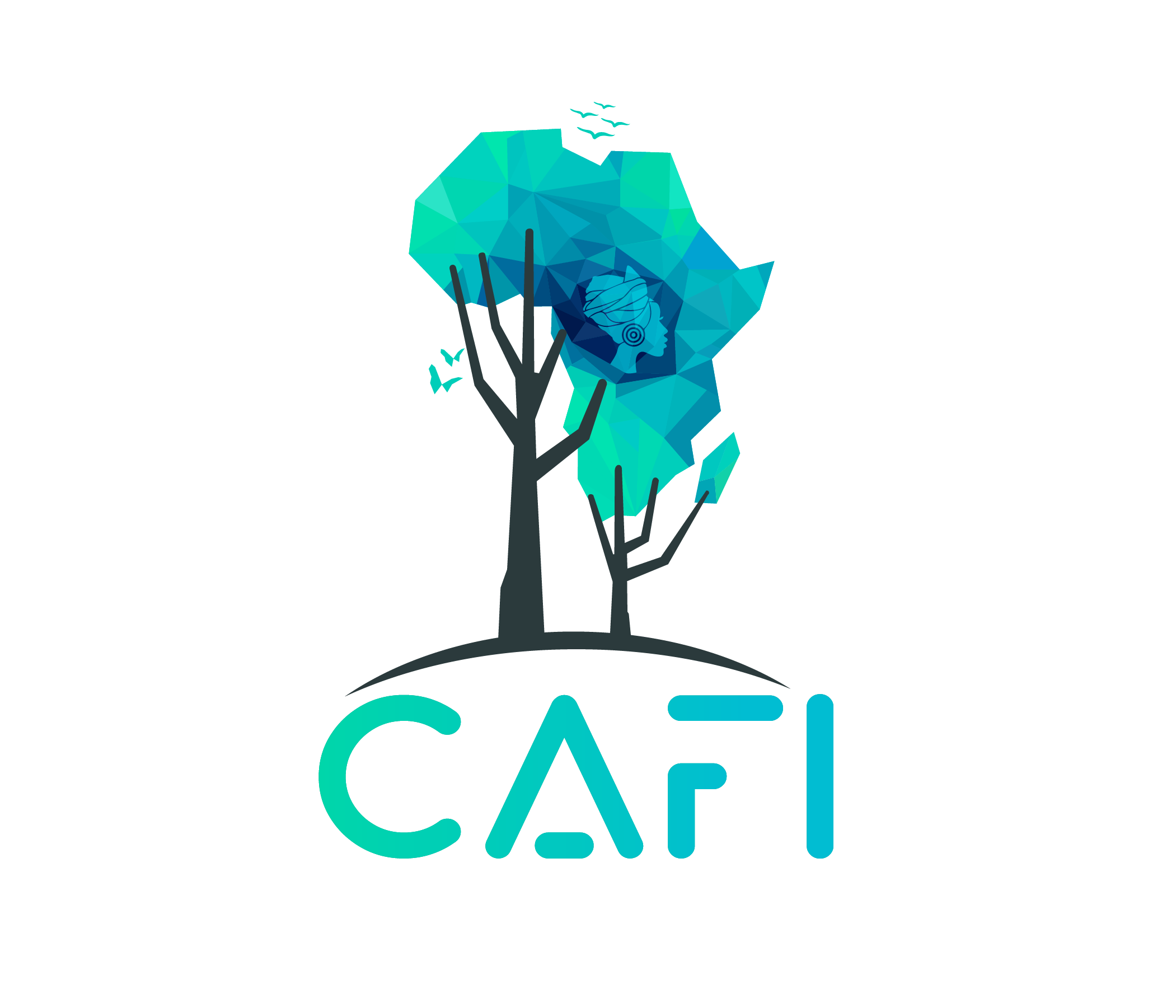The DRC populations heavily relies charcoal, a main driver of deforestation around major cities. In response to this growing demand particularly in Kinshasa, the Sustainable Energy Programme supports the establishment of sustainable supply chains, access to alternative energy sources (improved cookstoves, gas, briquettes), and the development of reform in the Energy policy.
Sustainable Energy
Countries:
The Democratic Republic of the Congo
Topics:
Energy
Status:
Funds Transferred
Amount:
18,000,000
Start Date:
20/09/2018
End Date:
31/12/2025
Implementing Organizations:
UNCDFUNDP
National Partners:
Ministry of Hydraulic Resources and ElectricityDRC National REDD Fund (FONAREDD)
Objectives
The programme aims to stabilise forest cover and reduce poverty by lowering the demand for fuelwood. It is structured around four specific objectives:
- Inclusion of a fuelwood component in the national energy policy
- Large-scale production and dissemination of improved cookstoves
- Kick-starting the Liquefied Petroleum Gas (LPG) market in the DRC
- Supporting the development of micro-hydroelectricity as an incentive for REDD+ initiatives
million dollars approved
million dollars transferred
million dollars spent
improved cooking solutions (cookstove and GPL)
tons of CO2 avoided
%
reduction in household spending energy when using GPL
Results to date
By the end of 2024, over 110,000 tonnes of CO₂ emissions have been avoided between 2021 and 2024 thanks to the use of clean cooking technologies, with an estimated 1,012 hectares of forest spared and a total of 1,072 jobs created, with 31% women and 69% youth.
This was achieved with:
- Over 119,000 households now use improved cookstoves in the cities of Kinshasa, Lubumbashi, Bukavu, and Goma, reducing their consumption of cooking wood.
- More than 15,000 households have adopted LPG stoves as their primary or secondary cooking solution.
- Household spending on cooking energy has decreased by 8% for improved cookstove users and 15% for LPG stove users
- Clean cooking adoption rates reached 38.6% in Kinshasa, 18.6% in Lubumbashi, 13.7% in Bukavu, and 55.5% in Goma.
- 82% of improved cookstove users, 66.5% of gas users, and 47% of briquette users reported understanding the health, economic, and environmental benefits of clean cooking, with 84% of respondents being women.







